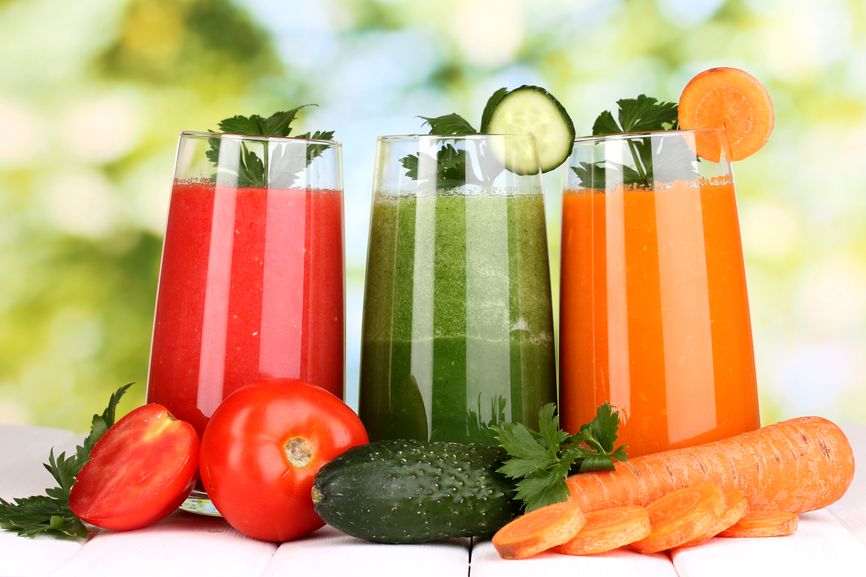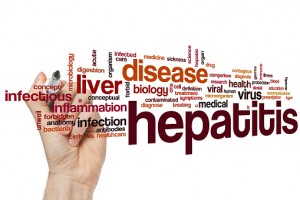Learn About Safe Fish to Eat
Is today’s fish safe to eat?
The question shouldn’t be if you should eat fish, the question should be how much? Seafood is a key source of heart-healthy, lean protein, of which everyone should consume two servings a week. Not only is most seafood low in fat, it is high in protein. The varieties that are higher in fat contain heart healthy fats that are actually good for you. These fats are called omega-3 fatty acids and have been shown to reduce the risk of heart attack by 36% and lessen depression in adults, and may also play a crucial role in infant’s brain development. So, whether you are pregnant, trying to get pregnant, raising a child, or just trying to improve your own overall diet, adding a couple servings of seafood is a must.
One thing to make a note of, though, is the mercury content of some fish. Rumors have been swirling about the mercury content of tuna, and how we should avoid eating it. Over time, overconsumption could be cause for concern since it can lead to developmental delays or cognitive problems for kids; and cause memory loss, unexplainable fatigue, and cardiovascular disease for adults. But, moderate consumption is healthy, and even recommended. For the most part, the pros outweigh the cons when eating seafood. Here is a list of safe, and not-so-safe, varieties when planning your next menu.
What's safest for our oceans — and for you, when it comes to mercury and PCBs:
Best for you and the environment:
Catfish (U.S.)
Arctic char
Halibut (Pacific)
Wild Alaskan salmon
Soft-shell clams, mussels, oysters, shrimp, and bay scallops (farmed)
Tilapia (U.S.)
Albacore (U.S. or Canadian) and yellowfin tuna (U.S. Atlantic troll/pole caught)
Striped bass (farmed)
Rainbow trout (farmed)
Mackerel (Atlantic)
Mahimahi (U.S. troll/pole caught)
Dungeness or stone crab
Worst for you and the environment:
Chilean sea bass
Flounder (Atlantic)
Grouper
Red snapper
Cod (Atlantic)
Monkfish
Halibut (Atlantic)
Swordfish (imported)
Salmon (farmed or Atlantic)
Mahimahi (imported)
Shrimp (imported)
Bluefin tuna or bigeye/yellowfin (imported longline)
If you are not a seafood lover, you can still get the healthy benefits of the omega-3 fatty acids they possess by supplementing your diet with capsules or oils sold in a bottle. Always seek out a reputable manufacturer and retailer. Try I-supplements.com for a very competative price and huge selection. You would also avoid the mercury from eating the flesh of the fish this way too. Which ever way you choose to consume your “seafood”, just make sure you get it in. It could keep you around longer, and keep you healthier along the way.
-
Looking To Loose Weight As Quick As Possible? Read On
Many people all over the world are overweight and obese because o
-
How Dangerous Are Weight Loss Supplements?
When you aim to lose weight, having a re
-
Vibration Test Systems - What Are They?
Have you ever wondered how manufacturers know that one of their produc
-
A GOOD LOSE WEIGHT PLAN TO IMPROVE YOUR LIFESTYLE
Millions of people attempt to be thin throughout the world and not
-
How To Lose Weight Without Having To Starve Yourself
I am somebody who has had an ongoing battle with my weight for most of
-
Losing Weight Without Dieting or Exercising
Staying aware of a particular eating routine can be exceptionally trou
- DON'T MISS
- Healthy Living 101: Understanding Whole Grains
- How To Get The Most From Weight Loss Exercise
- Discover How To Overcome External Barriers To Weight Loss
- How To Lose Weight In A Week The Myths
- How To Apply A Rapid Weight Loss Plan And Get Results?
- A Healthy Lifestyle is the Fastest Way to Lose Belly Fat
- How to Lose 22 Pounds in a Month
- Theyre Wide Theyre Here Get Used To It
- 5 Foods To Rev Up Your Metabolism
- Portion Control for Weight Loss




